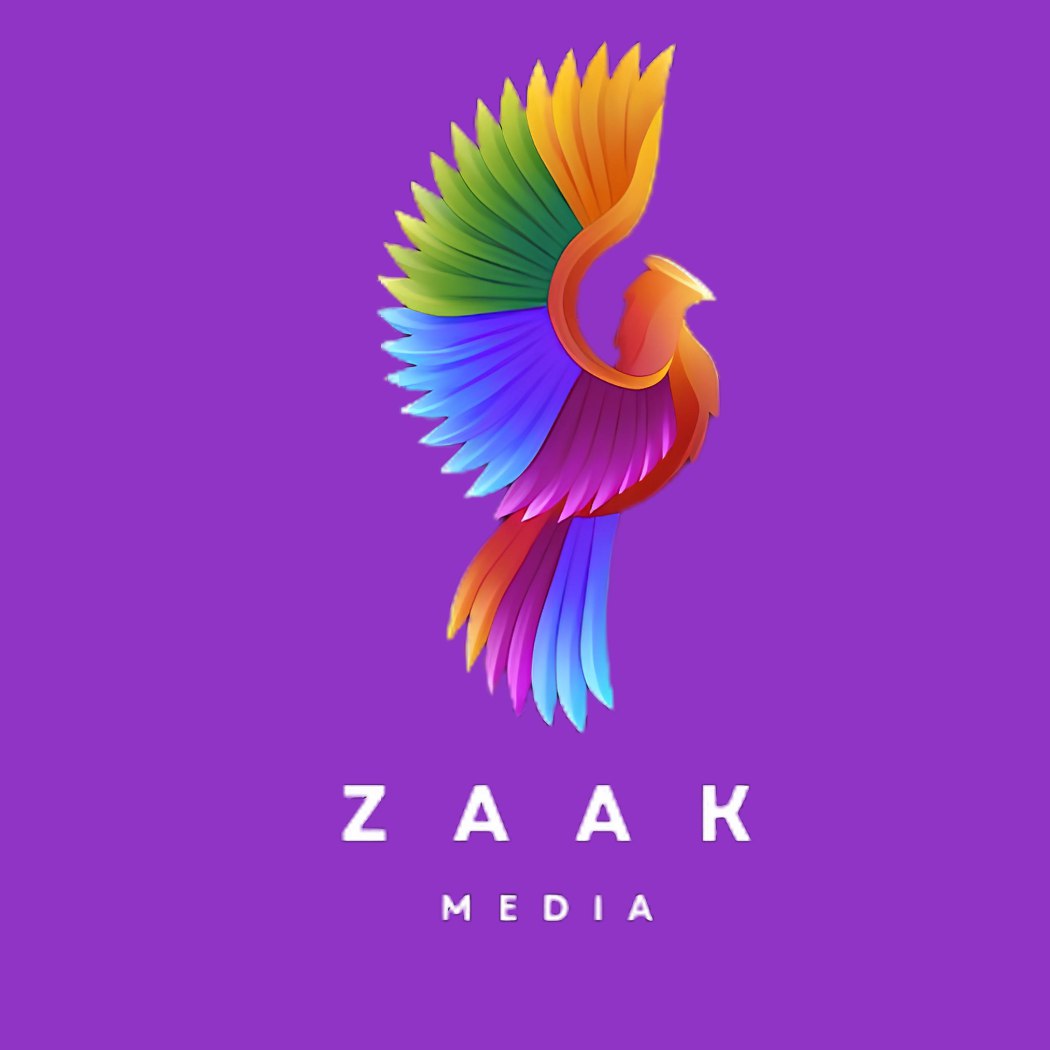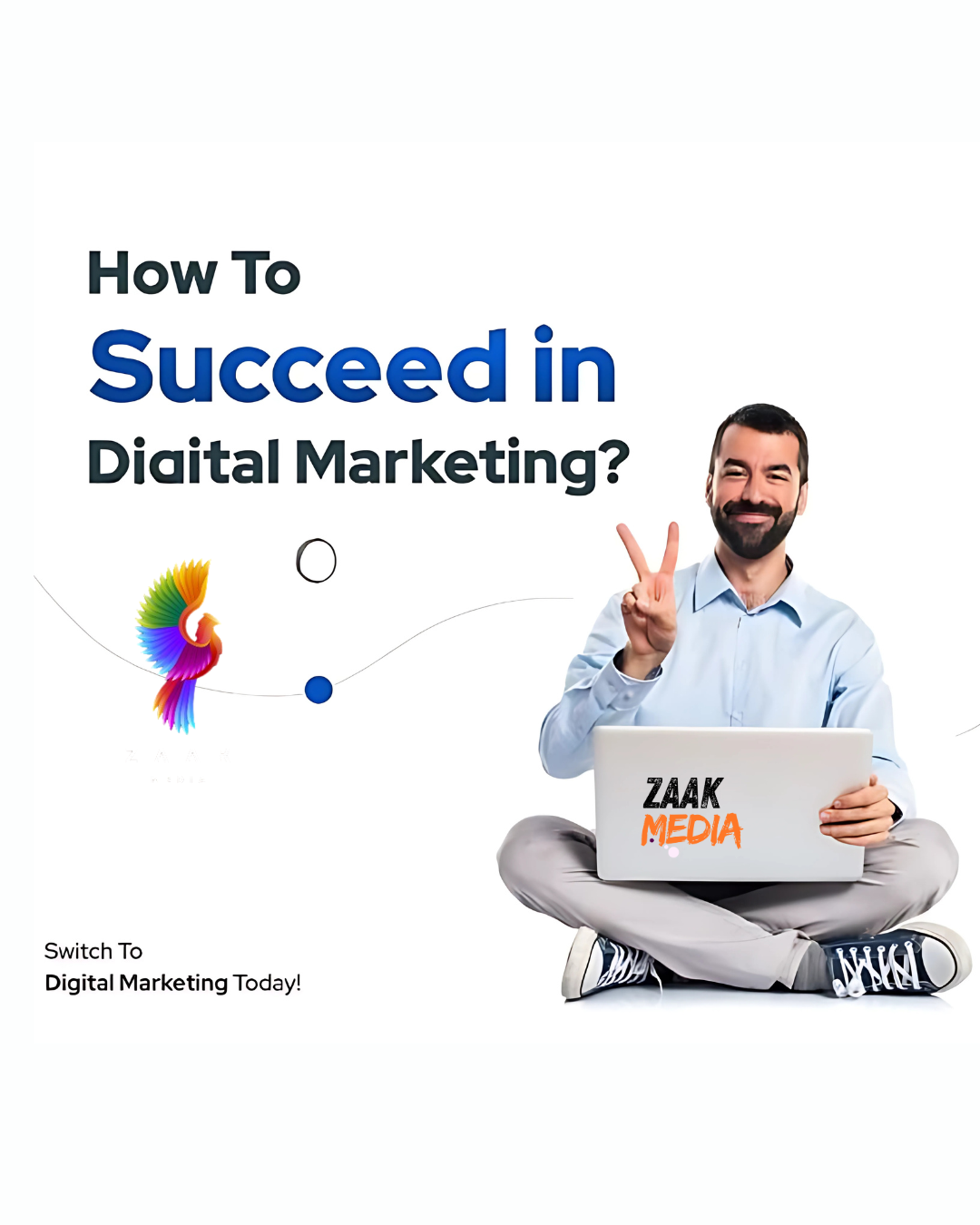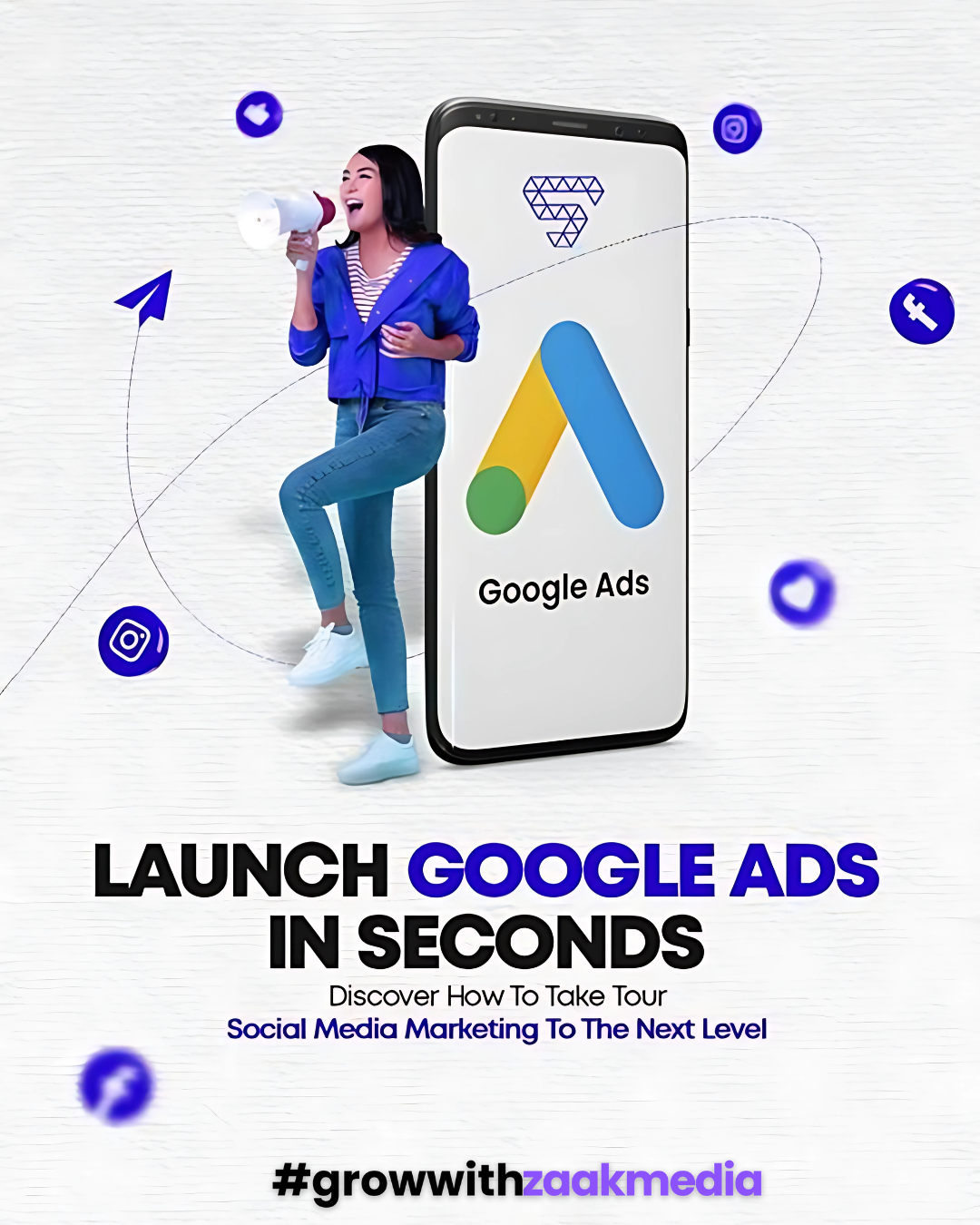A comprehensive guide for small business owners on how to get started with digital marketing, including SEO, social media, and paid advertising strategies.
Digital marketing can be a powerful tool for small businesses looking to grow and engage with their audience. Here’s a comprehensive guide to help you navigate the world of digital marketing effectively.
1. Understanding Your Audience
Begin by identifying your target audience. Create buyer personas that detail demographics, interests, and behaviors. This understanding will guide your marketing strategies and help tailor your messages.
2. Building a Strong Online Presence
Website: Your website is your digital storefront. Ensure it is user-friendly, mobile-responsive, and optimized for search engines (SEO).
Social Media: Choose platforms where your audience is most active. Regularly engage with followers through posts, stories, and responses to comments.
3. Content Marketing
Create valuable content that resonates with your audience. This can include:
Blog Posts: Share insights, tips, and industry news.
Videos: Engage users with informative or entertaining video content.
Podcasts: Consider launching a podcast if your audience prefers audio content.
4. Search Engine Optimization (SEO)
Optimize your website and content to rank higher in search engine results. Focus on:
Keywords: Research and use relevant keywords throughout your content.
On-Page SEO: Optimize titles, headings, and meta descriptions.
Backlinks: Build relationships with other websites for backlinks to improve credibility.
5. Email Marketing
Utilize email campaigns to nurture leads and maintain relationships with existing customers. Ensure your emails are personalized and provide value, such as special promotions or useful content.
6. Pay-Per-Click Advertising (PPC)
Consider using PPC advertising to reach your target audience quickly. Platforms like Google Ads and social media ads allow you to set a budget and target specific demographics.
7. Analytics and Performance Tracking
Use tools like Google Analytics to track the performance of your digital marketing efforts. Monitor key metrics such as website traffic, conversion rates, and engagement levels to adjust your strategies accordingly.
8. Engaging with Your Community
Participate in online communities related to your industry. Engage in conversations, answer questions, and provide value to build your brand’s reputation and visibility.
9. Continuous Learning
Digital marketing trends are always evolving. Stay updated with the latest tools, strategies, and best practices through courses, webinars, and industry blogs.
Conclusion
Digital marketing can seem overwhelming, but with the right strategies in place, small businesses can thrive in the online landscape. Remember, consistency and genuine engagement are key to building lasting relationships with your audience. Keep learning and adapting to changes, and you’ll find success in your digital marketing efforts. You’ve got this


